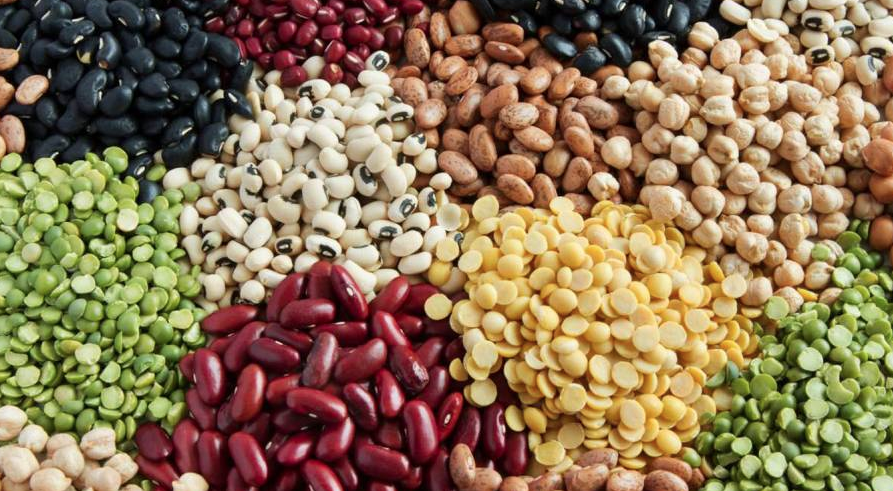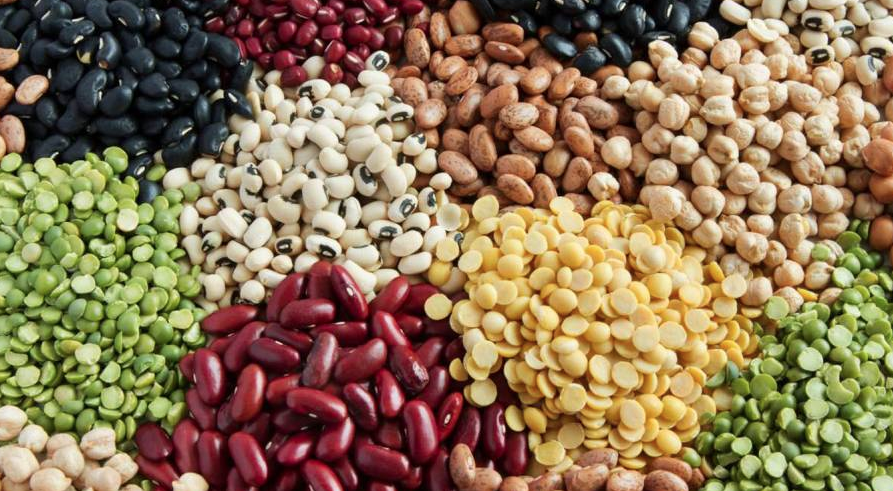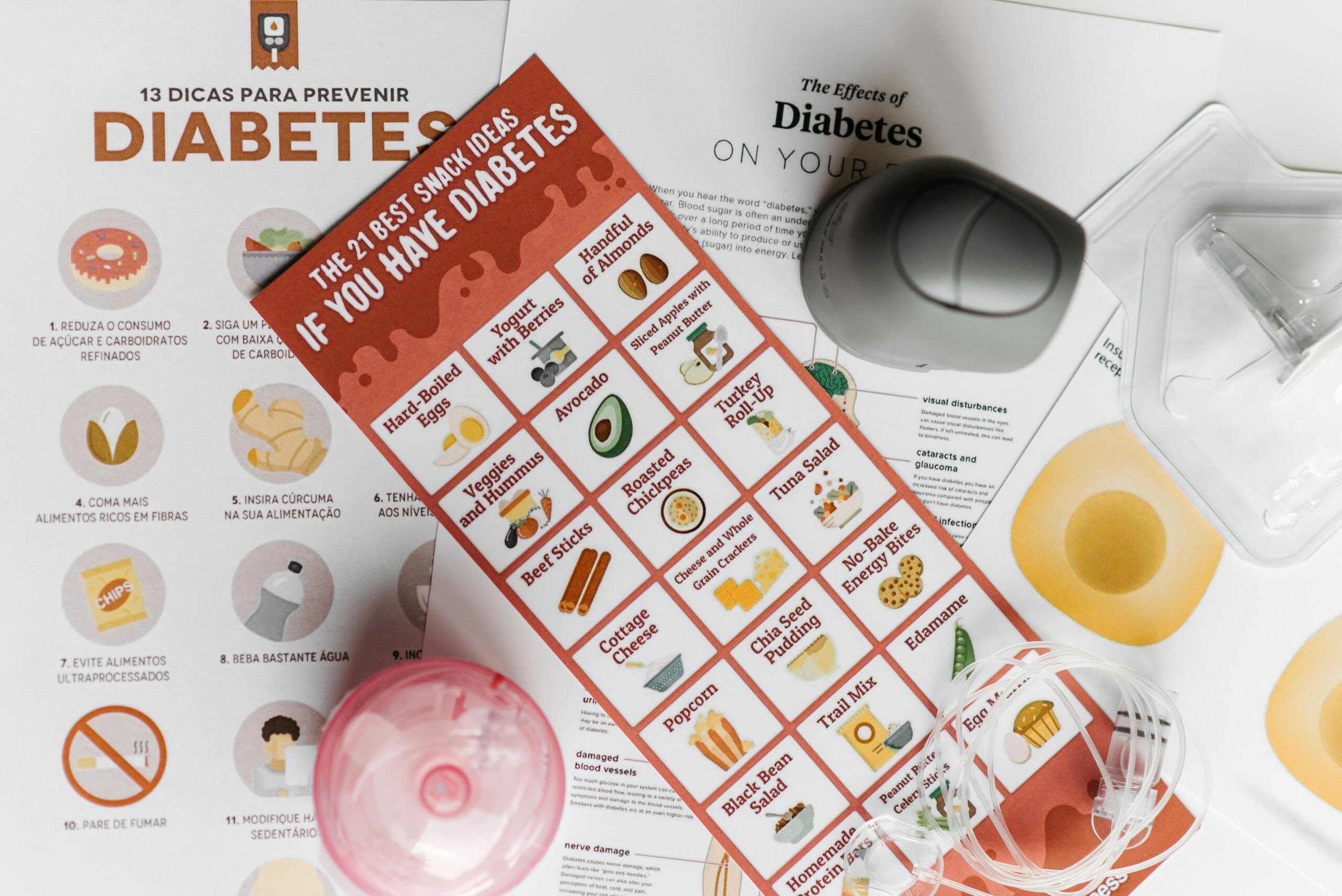Eating chickpeas or black beans was associated with lower blood cholesterol and lower inflammation levels compared with white rice, the researchers said.
A relatively small dietary change could have powerful benefits for people with prediabetes, a 12-week pilot study suggests.
- The metabolic impact of eating beans in persons with prediabetes is studied in a recent study.
- In particular, they found that there is measurable reduction in inflammation and cholesterol levels when daily intakes of chickpeas and black beans are used up.
- At the annual meeting of the American Society for Nutrition, NUTRITION 2025, the researchers recently presented the results.
But researchers may need to conduct additional research before they can replicate the results, because the study was relatively small — and brief. The findings were presented this week at NUTRITION 2025, the annual meeting of the American Society for Nutrition in Orlando, Florida, but not yet published in a peer-reviewed scientific journal.
However, such intervention is something that we should perhaps look into further because black beans and chickpeas are affordable – and experts say they are very healthy.
Describe prediabetes?
An estimated 1 in 10 Americans have diabetes, with type 2 diabetes accounting for the bulk of cases, according to the Centers for Disease Control and Prevention (CDC)Trusted Source.
It ‘s because diabetes can not control blood glucose levels, and any healthy tissue is at risk from blood glucose being too high. There’s no cure for type 2 diabetes but there are treatments which can help regulate the level of blood glucose. There is also a lower chance of damage from this.
When someone has “more than normal blood glucose levels (but not high enough to be diagnosed as type 2 diabetes), they are diagnosed with prediabetes, ” says the National Institute of Diabetes and Digestive and Kidney Diseases (NIDDK).
It is likely that because someone is at a higher risk of prediabetes, they will develop type 2 diabetes in the future.
However, compared with type 2 diabetes, prediabetes is reversible so research is focusing on treatments for this population. Many experts are looking at dietetic therapies as nutrition plays a key role in the development of type 2 diabetes.
Examining inflammatory markers and legumes
The researchers recruited individuals with prediabetes for their latest study to investigate whether daily consumption of chickpeas and black beans affected health indicators after 6 and 12 weeks.
The study had 72 participants in all, and decided to divide them into three groups ( randomly ), and give them one cup of black beans/chickpeas / white rice a day.
Blood samples were taken at the beginning of the study, and at weeks six and twelve to measure levels of:
- “Good” cholesterol is high-density lipoprotein (HDL) cholesterol.
- “Bad” cholesterol is low-density lipoprotein (LDL) cholesterol.
- A protein that gets produced by inflammation in response to it C – reactive protein.
- An other biological indicator of inflammation is interleukin-6 (IL-6).
Blood glucose levels and glucose metabolism were also measured.
Overall cholesterol levels of people who ate chickpeas lowered significantly by week 12. Meanwhile, the inflammatory marker IL-6 was lower in people who consumed black beans.
But the researchers found no significant changes in glucose metabolism, either.
In addition to the favorable outcomes associated with legume consumption, a more unexpected discovery was made: the group eating white rice had far lower levels of LDL “bad” cholesterol at the 12-week point than they had at the beginning of the study.
Because this trial was limited and relatively short, more research is necessary to fully understand the effects of these legumes for individuals with prediabetes.
The study’s authors said they intend to carry out more research along this line. They specifically wish to concentrate on the connections between gut microbiota and metabolic health.
The advantages of beans for health
Along with peas, lentils and other beans (such as kidney, lima and pinto beans ) chickpeas and black beans form the legume family.
You can eat legumes, which are high in protein and fiber. That ‘s been linked to a lower risk of cardiovascular disease in studies. There is some evidence that eating beans may reduce your risk of cancer too.
Maddie Gallivan, RD a registered dietitian who was not involved with the latest study asked Medical News Today what could be done to lower cholesterol. “It is because by decreasing the amount that is taken into the bloodstream, the soluble fiber in these legumes helps reduce cholesterol, ” she said.
There are many different ways in which soluble fiber would lower cholesterol. In the gut for example, it binds to cholesterol, which is then carried through the digestive tract and eliminated in the body as stool.
“Beans and chickpeas are great examples of plant-based protein sources that are also high in fiber, ” Gallivan said. And they help you feel full longer.
“Eating beans and chickpeas as part of a whole-food, plant-based diet can help maintain a healthy gut microbiome, ” she continued. The good bacteria in your gut will get some variety of fiber from whole plants — fruits, vegetables, wholegrains, pulses, legumes, nuts and seeds — to help them grow and for overall health.
How to increase your intake of black beans and chickpeas
Although they ‘re common in many parts of the world they are not very popular in the West, especially legumes like black beans and chickpeas.
Because they are inexpensive and easy to grow, many studies show that the average American adult spends less than $5 a year on legumes.
“There are many ways you can eat beans without adding them in as a common-dinner option as an inexpensive way to help maintain overall health and reduce the risk of chronic illness, ” Morganne Smith, the study’s present author and doctorate candidate at Illinois Institute of Technology, said in a news release.
According to Smith “you can puree them to give a soup base some thickness, sprinkle them over a salad, or combine them with other grains, such as quinoa or rice. “
They also “are a really good alternative to red meats and processed meats… because they can simply be added to dishes like curry, stew and casseroles, ” Gallivan added.
However, the research does have one warning to those with irritable bowel syndrome (IBS): “To effectively manage symptoms it is important to take a cautious approach to increasing legume intake and consider consulting a nutritionist. “
Federica Amati, PhD, MPH, head nutritionist at science and nutrition company ZOE, which has contacted MNT, admits that eating beans and chickpeas “may contribute to cardiometabolic health parameters”. That seemed no big surprise to Amati, who did not participate in the study.
They ‘re also very good for the environment, she told us. ” Eat more of them “.




